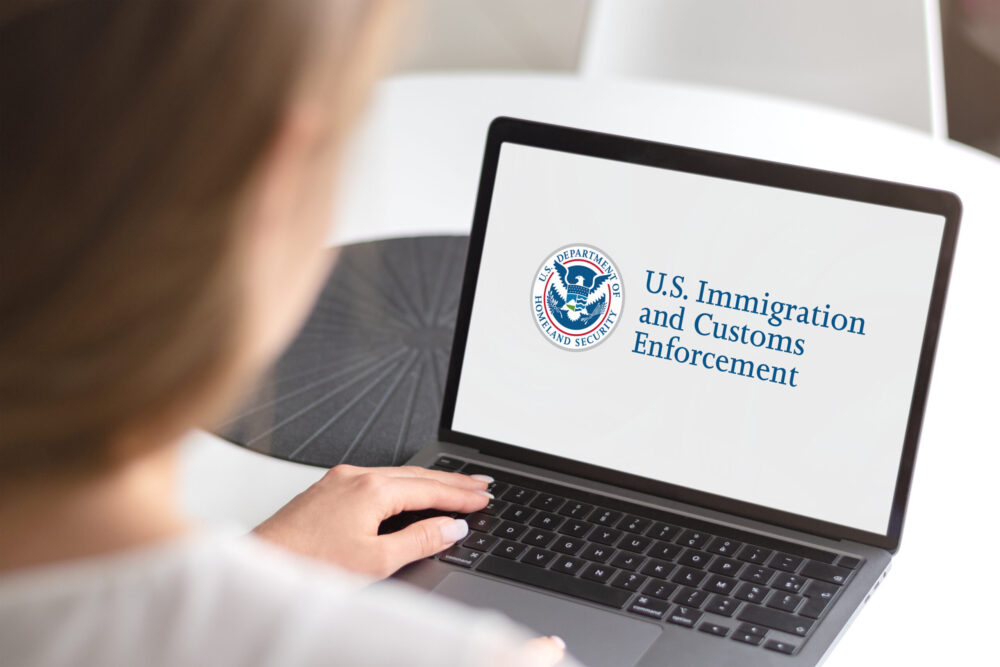A recent poll conducted by the Associated Press (AP) and the NORC Center for Public Affairs Research offers revealing insights into how Americans view President Donald Trump’s new deportation policies. While 43% of surveyed adults favor deporting all undocumented immigrants (43% in favor, while 37% oppose), those figures shift dramatically when the policies touch sensitive issues, specifically Immigration and Customs Enforcement (ICE) raids in schools, churches, and hospitals.
- Families – 55% of respondents opposed deportations when it meant separating parents from their U.S.-citizen children, compared to only 28% who were in favor.
- Hospitals – Americans oppose ICE raids in hospitals by a 25-point margin (52% strongly oppose vs. 27% strongly in favor).
- Churches – Opposition to raids in houses of worship was even higher with a 37-point margin, demonstrating the sacred regard for these spaces.
- Schools – Arrests of undocumented immigrants in schools saw the strongest opposition, with a 46-point margin (64% strongly oppose compared to 18% strongly in favor).
These numbers illustrate a pivotal point in public opinion. The perceived harm of ICE raids at sensitive locations often outweighs general support for stricter immigration enforcement.
Previous ICE policies made schools, hospitals, and churches mostly off-limits for immigration arrests. Established in 2011, these policies prohibited ICE agents from conducting raids in “sensitive” locations without supervisor approval. Places like schools, hospitals, religious institutions, funerals, and public demonstrations were included in this category. This directive aimed to balance immigration enforcement responsibilities with public trust and societal wellbeing.
Related Article: Trump Executive Order Urges Universities to ‘Monitor,’ ‘Report’ Protesters on Student Visas
However, following his re-election, President Donald Trump rolled back this policy in January, authorizing ICE agents to arrest undocumented immigrants in these previously protected locations. His administration framed this move as part of his intent to execute the “largest deportation operation in American history.” This shift marked a dramatic departure from earlier administrative views and was met with criticism from civil rights organizations, educators, healthcare professionals, and law enforcement groups.
Why Were Sensitive Locations Previously Protected from ICE Raids?
The original reasoning behind preserving these sanctuaries was simple — they served a broader purpose that extended beyond immigration enforcement.
The American Civil Liberties Union (ACLU) emphasized how these policies prevented undocumented individuals from avoiding critical services.
“We don’t want people with contagious diseases too scared to go to the hospital or children going uneducated because of poorly considered deportation policies,” said ACLU attorney Lee Gelernt told NBC News.
Related Article: ICE in Schools: Districts, State Leaders Issue Guidelines for Dealing with ICE Agents
The new policy could also hurt efforts by police to fight crime. The Law Enforcement Immigration Task Force cautioned that the rollback could deter immigrants — both documented and undocumented—from reporting crimes or cooperating with police investigations, undermining public safety across communities.
Additionally, sensitive locations are community anchors. Raiding them disrupts children, families, and workers, creating ripple effects that can destabilize entire communities.







